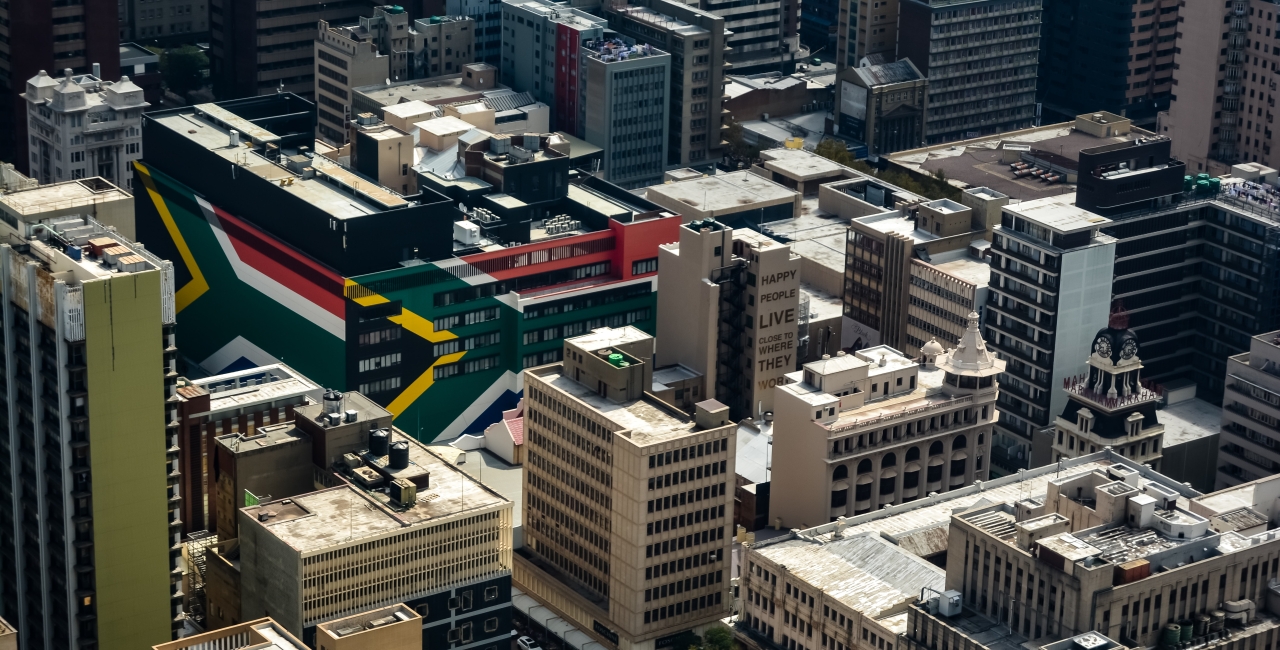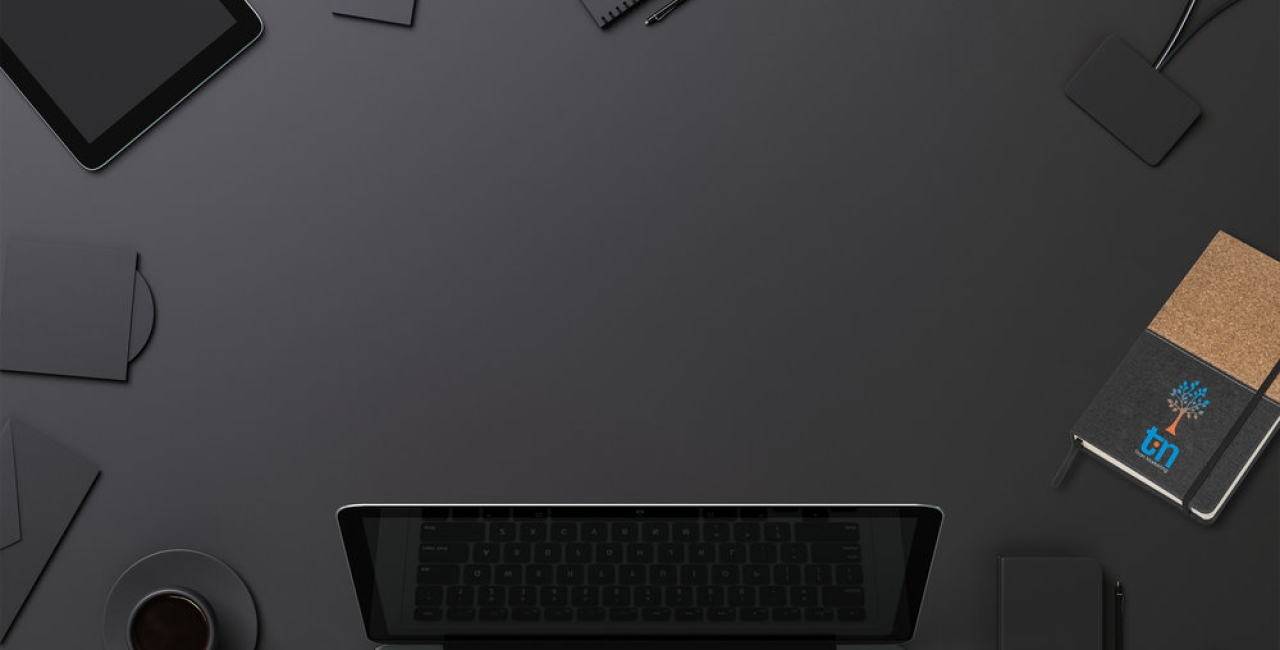B-BBEE and ICT,are you compliant?ICASA to ramp up B-BBEE Requirements
On the 31st of March 2021, the Independent Communications Authority of South Africa (ICASA) issued new regulations around Broad-Based Black Economic Empowerment (B-BBEE) and the minimum requirements for organisations within the Information & Communications Technology (ICT) sector. These regulations were promulgated, and are to be read in conjunction with the 2016 Amended ICT B-BBEE Codes of Good Practice (CoGP). The goal was to address the slow rates of economic transformation in the sector, with a specific focus on the minimum B-BBEE contributor level required, the minimum Ownership to be held by Historically Disadvantaged Groups (HDGs), (referred to as “Black people”, as defined, for the purposes of B-BBEE) and the consequences of non-compliance with the transitional period and deadlines to achieve these requirements.
ICASA does provide separate requirements depending on the type of license held. The two license variations are:
- Class Licenses: these are licenses that are limited to a local or district municipal scope and encompasses organisations that provide commercial electronic communications services within a particular geographic area (e.g. Internet Service Providers, regional radio stations etc.);
- Individual Licenses: these licenses are issued to organisations who operate for commercial purposes on a provincial and/or national scope (e.g. Mobile telephone networks, TV Stations such as E.TV, Fibre cable owners, software providers etc.).
The requirements between Class and Individual Licenses differ slightly, with Class licensees only requiring minimum B-BBEE Contributor Levels, whereas Individual Licensees have both a minimum B-BBEE Level, and a minimum HDG Ownership percentage requirement. To understand the minimum requirements, depending on license held, and company size, the below illustrates the requirements as well as the timeframes in which these should be achieved (dates referenced below refer to the 31st of March of each year).
Requirement Name | Description | Measurable | Annual Target | |||
March 2022 | March 2023 | March 2024 | March 2025 | |||
Class License – all company sizes | ||||||
B-BBEE Contributor Status | Minimum B-BBEE Level required | B-BBEE Contributor Status and Level using the ICT Sector Code | Level 7 | Level 6 | Level 5 | Level 4 |
Individual Licenses – SMMEs | ||||||
HDG Equity | Minimum 30% equity held by HDGs | Economic Interest | N/A | N/A | N/A | 30% |
Full shareholder Voting Rights | ||||||
Black Equity Requirement | Minimum 30% of equity held by Black People | Voting Rights attaching to an equity instrument owned by or held for a participant measured using the Flow Through Principle* | N/A | N/A | N/A | 30% |
Economic Interest representing a return on Ownership of the entity similar in nature to a dividend right, measured using the Flow Through Principle | N/A | N/A | N/A | 30% | ||
B-BBEE Contributor Status | Minimum B-BBEE Level required | B-BBEE Contributor Status and Level using the ICT Sector Code | Level 7 | Level 6 | Level 5 | Level 4 |
Individual Licenses – Large/Generic Entities | ||||||
HDG Equity | Minimum 30% equity held by HDGs | Economic Interest | 30% | 30% | 30% | 30% |
Full shareholder Voting Rights | ||||||
Black Equity Requirement | Minimum 30% of equity held by Black People | Voting Rights attaching to an equity instrument owned by or held for a participant measured using the Flow Through Principle* | 30% | 30% | 30% | 30% |
Economic Interest representing a return on Ownership of the entity similar in nature to a dividend right, measured using the Flow Through Principle | ||||||
* Flow-Through Principle refers to the method of measuring direct ownership without adjusting recognised Black ownership at any stage, or any level, of the ownership chain of the measured entity.
In order to monitor and ensure compliance, licensees are required to report on their compliance status annually, inclusive of not just a B-BBEE Certificate issued by a SANAS Accredited Verification Agency, but also additional documented proof, as may be requested, and as detailed in the regulations.
Non-compliance with the above, including that of reporting annually to ICASA, is considered to be a contravention of the regulations, and the below penalties are provided for:
- “A person that submits false, misleading or inaccurate information to the Authority is guilty of an offence and subject, on conviction to a fine of less than R50 000 but not exceed R5 million.”
- “An Individual Licensee that contravenes regulations 3(4) and/or 4(1) (HDG Ownership and Black Ownership respectively) is liable to a fine of whichever is greater between an amount not exceeding R5 million or 10% of the Licensee's annual turnover of its licensed services.”
The various shifts in B-BBEE regulation may need you to revisit your strategy for compliance. It is working for you? Does B-BBEE add value? Can you justify the commercial return on this investment, outside of pure compliance requirements? Have you linked your operating model to the increasing requirements for sustainability or ESG reporting?
At Siyakha, we have a team of dedicated Transformation Specialists with many years of experience in the ICT Sector who are ready to support you in developing a strategy that adds value to ensure clear ROI, compliance with the sectoral requirements, and alignment to the organisations goals and commercial strategies. Feel free to reach out to us for a free consultation to work through where you are now and whether your strategy is simple, aligned to world-class standards and optimally structured.
Suzaan Bezuidenhout
E:






